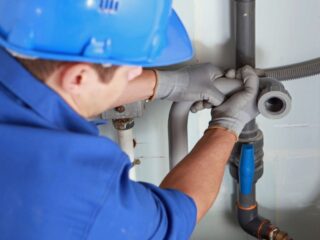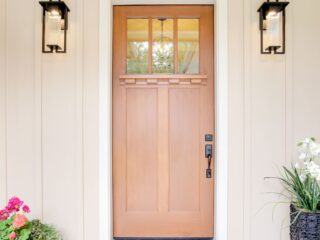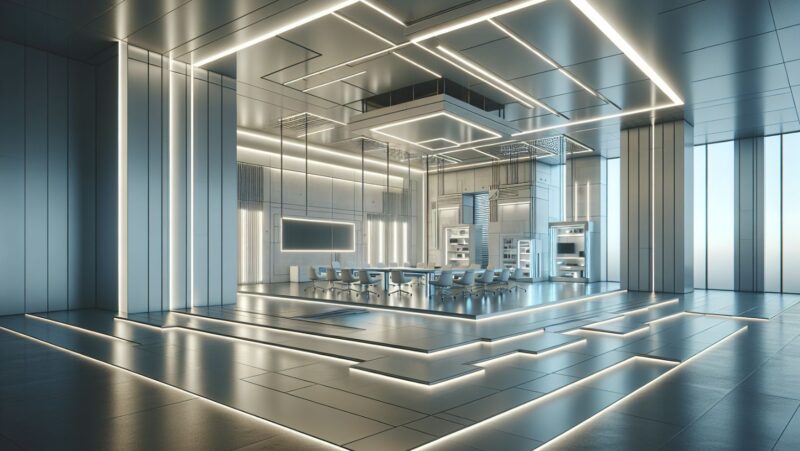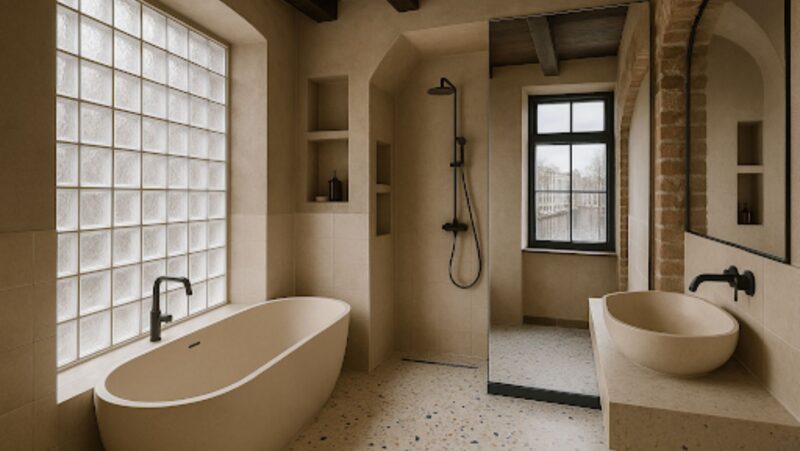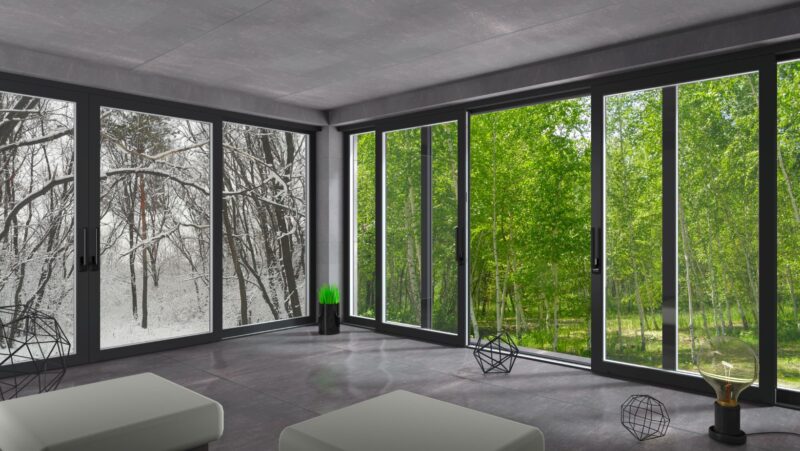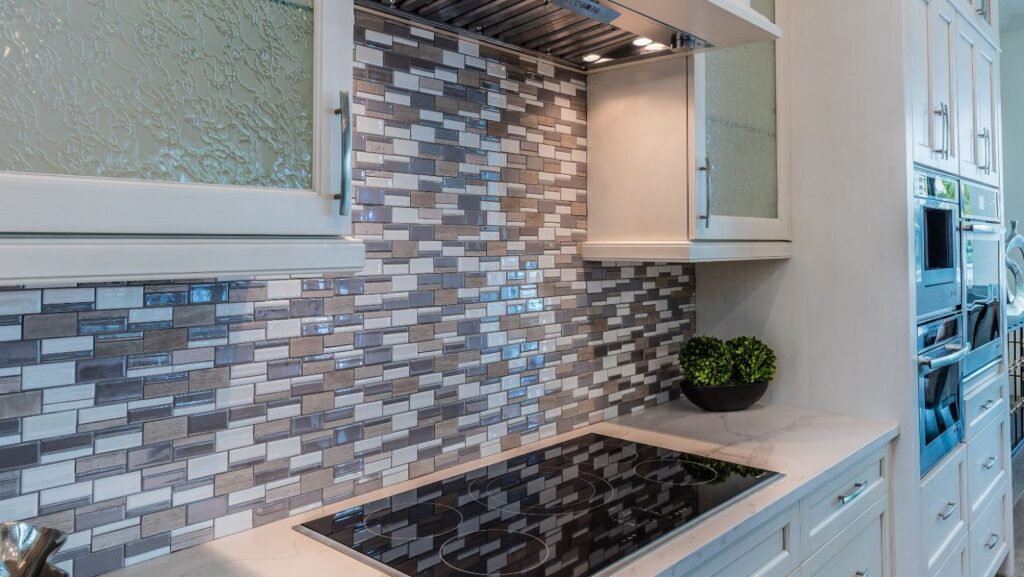
One important question to ask when considering installing a range hood in your kitchen is, “Is ducted or ductless the better option?” There are pros and cons to each type, and both options may offer benefits depending on your home. Ducted range hoods draw air from outside your home, through the exhaust system, and then vent the air back outside. They are usually installed in kitchens that have a large, open space. This can be an issue if you prefer to cook with the door or windows closed because the range hood will only work efficiently if there is adequate airflow from outside your home.
However, ducted range hoods do offer several benefits. First, because they vent the air outside your home, they are better at removing smoke and odors from your kitchen. Second, ducted range hoods are less likely to recirculate contaminated air back into your kitchen. And third, ducted range hoods can be more effective at removing grease and other contaminants from the air than ductless range hoods. Ductless range hoods, on the other hand, do not require venting outside your home. This means they can be installed in a smaller space, and you can even use them to remove steam from cooking activities without opening windows or doors. However, because the air is recirculated back into your kitchen, ductless range hoods may not be as effective at removing smoke and odors. Additionally, they may not remove contaminants from the air as effectively as ducted range hoods.
What is a convertible range hood?
A convertible range hood is a type of ventilation system that can be used in either a ducted or non-ducted installation. Convertible range hoods are typically more expensive than their ducted or non-ducted counterparts, but offer the flexibility of being able to be installed in either type of installation.
Convertible range hoods typically have a higher CFM (cubic feet per minute) rating than their ducted or non-ducted counterparts, making them ideal for high-heat cooking methods such as grilling or broiling.
If you’re considering a convertible range hood for your kitchen ventilation needs, be sure to consult with a professional to ensure that it will be compatible with your home’s ductwork. Convertible range hoods are a great option for those who want the flexibility of being able to install them in either a ducted or non-ducted installation.
Overall, convertible range hoods are a great option for those who want the flexibility of being able to install them in either ducted or non-ducted installations. They typically have a higher CFM (cubic feet per minute) rating than their ducted or non-ducted counterparts, making them ideal for high-heat cooking methods such as grilling or broiling.
If you’re considering a convertible range hood for your kitchen ventilation needs, be sure to consult with a professional to ensure that it will be compatible with your home’s ductwork. Convertible range hoods are a great option for those who want the flexibility of being able to install them in either a ducted or non-ducted installation.
What are ducted and ductless range hoods, and what are the pros and cons of each type?
Ducted range hoods vent air from the kitchen to the outdoors, while ductless range hoods recirculate air back into the kitchen. Both types have pros and cons that should be considered before choosing one for your home.
Ducted range hoods are generally more effective at removing smoke and odors from the air than ductless range hoods. They are also better at removing contaminants from the air, such as grease and other cooking byproducts. On the other hand, they require ventilation ducts to be installed in order to work properly, which can be costly and time-consuming.
Ducted range hoods are more expensive to install but can be more powerful than ductless range hoods
They also require the installation of ventilation ducts, which can be costly and time-consuming. Ductless range hoods are less expensive and easier to install than ducted range hoods. They also take up less space and can be used in areas where ductwork is not possible or practical. However, they are not as effective at removing smoke and odors from the air, and may not be as effective at removing grease and contaminants.
Ultimately, the decision of whether to choose a ducted or ductless range hood will depend on your individual needs, preferences, and budget.


